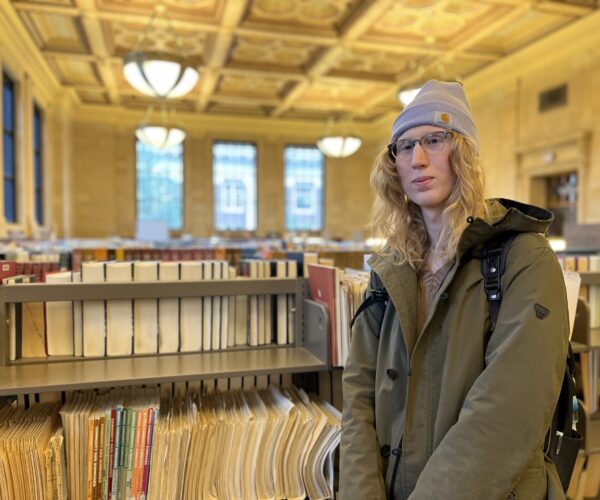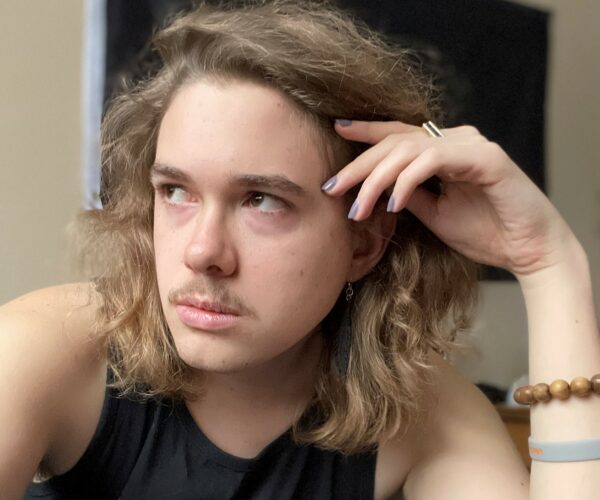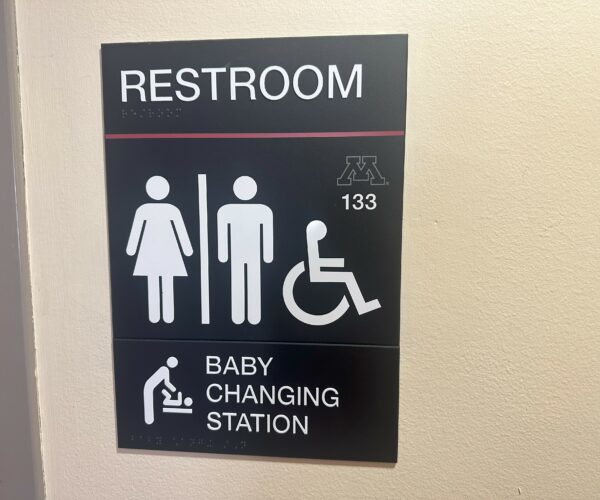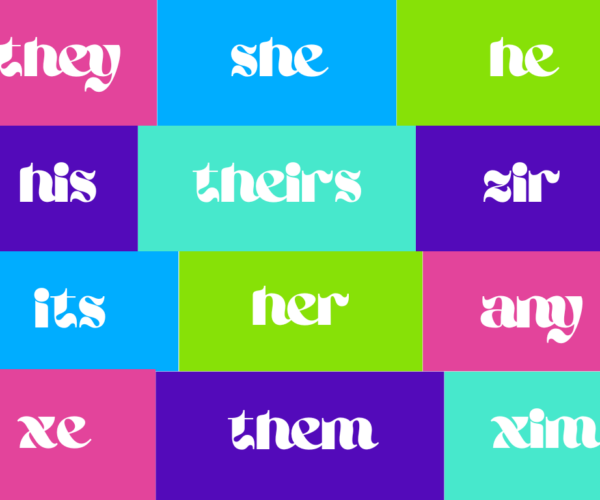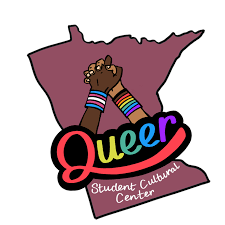By Karri Seland
The Queer Student Cultural Center (QSCC) has apologized on social media for what it called “the many instances of racism that have occurred within our space.”
Writing on its Instagram account in a post sent at 8:30 p.m. Friday, the QSCC stated it had “not done enough to prevent and address these incidents” and noted its apology was “long overdue.”
“Our actions and inactions have made it so our space has not been safe for people of color,” the statement said. “We acknowledge the immense harm and pain this has caused and take full responsibility for it … We know that we have a lot of work to do to regain your trust.”
The statement did not detail any specific incidents.
The QSCC is a student cultural center with a mission to promote awareness of queer issues on campus and to provide aid to students in need. The QSCC has nine active identity groups encompassing specific identities within LGBTQ+ communities — including Roots, a group for queer-identified students of color.
AccessU reached out to Arthi Jegraj for comment, a student who stepped in as a facilitator for Roots earlier this semester. Jegraj declined to comment, saying they are no longer affiliated with the QSCC.
The QSCC’s statement included a list of steps the QSCC is “taking to address these issues and create a more welcoming environment for all.” Those steps include:
- Changes to the QSCC constitution to address power imbalances in their board. This includes directly confronting whiteness within its space and creating a mission statement to better clarify its values.
- Updates to its constitution and Safer Space Policy to clearly define and address disciplinary actions taken against those who carry out racism within its space.
- Making their Safer Space Policy more accessible in physical and online spaces. This includes forming a diverse committee to review and address future Safer Space Reports.
- Restricting the Roots channel Discord server to make it read-only for anyone who does not have a Roots role and restricting access to Roots events to only people of color unless otherwise stated by Roots facilitators.
- Increasing transparency in their hiring and election processes for the Board. Board members will also be required to attend implicit bias and bystander intervention training and equity training annually.
